Тематический план
General
Code and name of specialty: 05/33/01 Pharmacy
Qualification: pharmacist
Specialist level
Full-time form of education
Faculty: Pharmaceutical
Institute of Pharmacy
Lectures 16 hours.
Practical lessons 45 hours.
SRS 47 hours.
Total 108 hours.
Labor intensity credit units (ZET) 3
Course developers: Y.A.Abdullina, I.A.Grigorieva
The course "Pharmaceutical Marketing" is designed to study the specifics of marketing in the pharmaceutical industry. Participants will become familiar with the basic principles and strategies of promoting pharmaceutical products, including market analysis, target audience, communication and promotion methods. The course covers topics such as legislative aspects, ethics in pharmaceutical marketing, as well as modern trends and technologies influencing the market. Students will gain practical skills in developing marketing strategies and campaigns, which will allow them to work effectively in the dynamic and competitive environment of the pharmaceutical industry.Recommendations for working with lecture material.
The most important rule of outlining is that each information (text) has three components: main, commentary, supplementary (illustrative).It should be borne in mind that the lecture, like a textbook, performs the function of introducing the student to the topic: it gives an understanding of the problem, guides in the basic concepts and concepts, as well as in the literature on the topic. However, a deep understanding of the topic is impossible without its further independent study. Therefore, the study of any topic implies that the student, preparing for the seminar class, not only rereads the lecture, but also carefully reads and outlines the recommended literature. Commentary information clarifies the main information, presents it in a simpler way, gives detailed, detailed formulations. This type of information can be reduced to 50% of the volume without affecting the understanding of its meaning.
Recommendations for preparing for practical classes.
When preparing for a practical training session, we can distinguish 2 stages: 1st - organizational; 2nd - consolidation and deepening of theoretical knowledge. At the first stage the student plans his independent work, which includes: - clarification of the task for independent work; - selection of recommended literature; - drawing up a work plan, which defines the main points of the upcoming training. Making a plan disciplines and increases organization in work. The second stage includes direct preparation of the student for the class. It is necessary to start with the study of the recommended literature. It should be remembered that at the lecture is usually not considered not all the material, but only part of it. The rest of it is filled in the process of independent work. In this regard, work with the recommended literature is mandatory. Particular attention should be paid to the content of the main points and conclusions, explanation of phenomena and facts, understanding the practical application of the theoretical issues under consideration. In the process of this work, the student should strive to understand and memorize the main provisions of the material under consideration, examples explaining it, as well as to understand the illustrative material.
Recommendations for independent work of students.
Use professional terminology in oral answers, reports, essays and written works - this develops the necessary skill of dealing with concepts and categories, contributes to their assimilation and allows to demonstrate the depth of knowledge on the course; do not limit yourself to using only lectures or textbook and use additional literature from the recommended list (
Requirements for the fulfillment of the message (report).
The message (report) should be logically organized, clear, specific, "without water" and sufficiently fully disclose the topic. Formalization of the work must meet the requirements approved by the department.The volume of the message (report) is determined by the performance of 5-7 minutes. Formalization of the work should meet the requirements approved by the department. The message (report) is carried out independently, out of educational, classroom time, at home, in the methodical office, in the Scientific library of KSMU and/or other libraries of Kazan city.
Preparation for intermediate certification.
In conclusion it is once again expedient to repeat the main provisions, using the reference lecture notes. Systematic preparation for classes during the semester will allow you to use the time of the examination session to systematize knowledge. At first, you should review all the material on the discipline, note for yourself difficult questions. It is obligatory to understand them. The study of the discipline ends with intermediate certification.
Topic 1 Fundamental of pharmaceutical marketing

Topic 2 Marketing research

Topic 3: Study of demand for goods in the pharmacy assortment
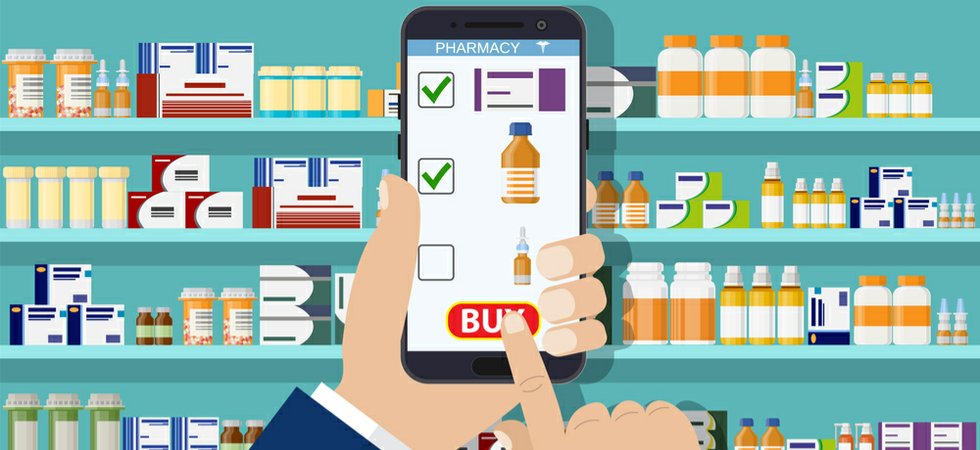
Topic 4 Determining the need for medicines

Topic 5: Pharmaceutical market segmentation
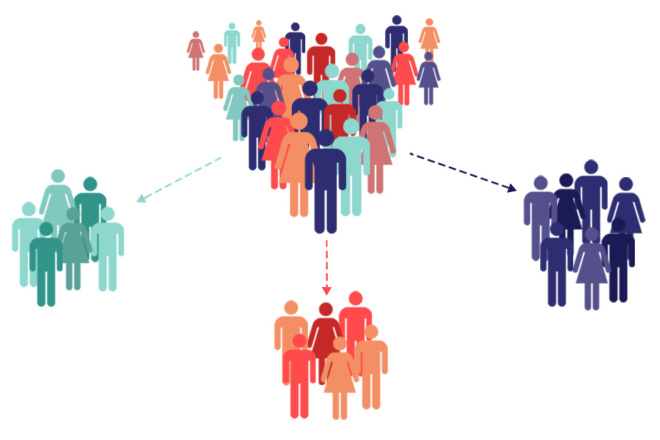
Topic 6: Development of assortment policy of a pharmaceutical organization. Analysis of the product life cycle
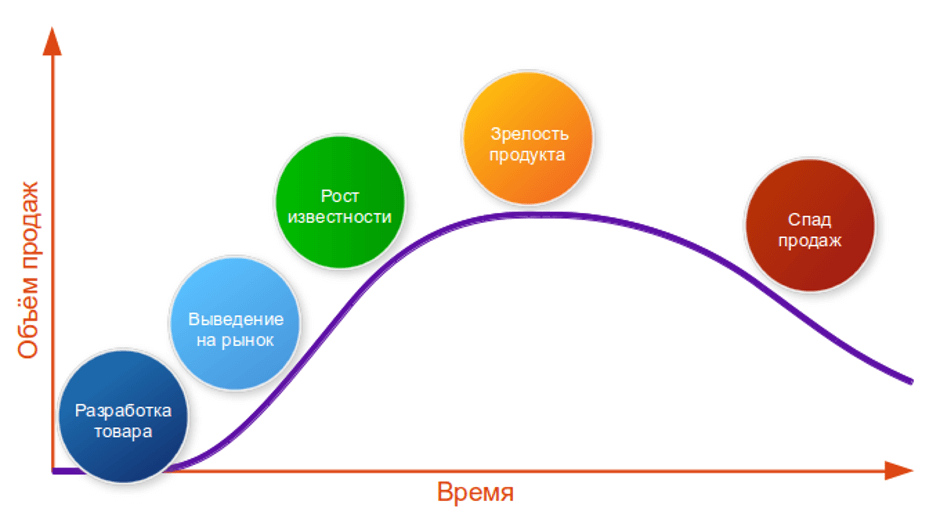
Topic 7: Principles of product promotion on the pharmaceutical market
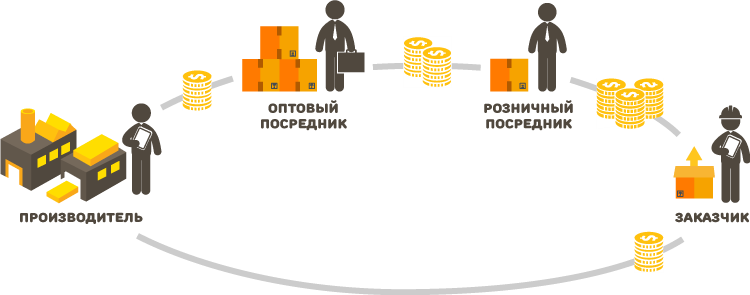
TOPIC 8 Merchandising in pharmacy
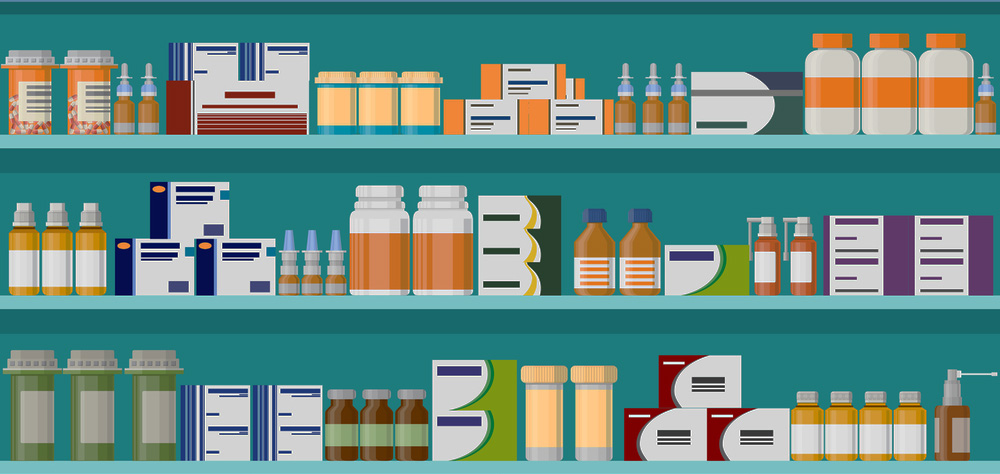
Finel test
Residual Knowledge Test
Обратная связь
